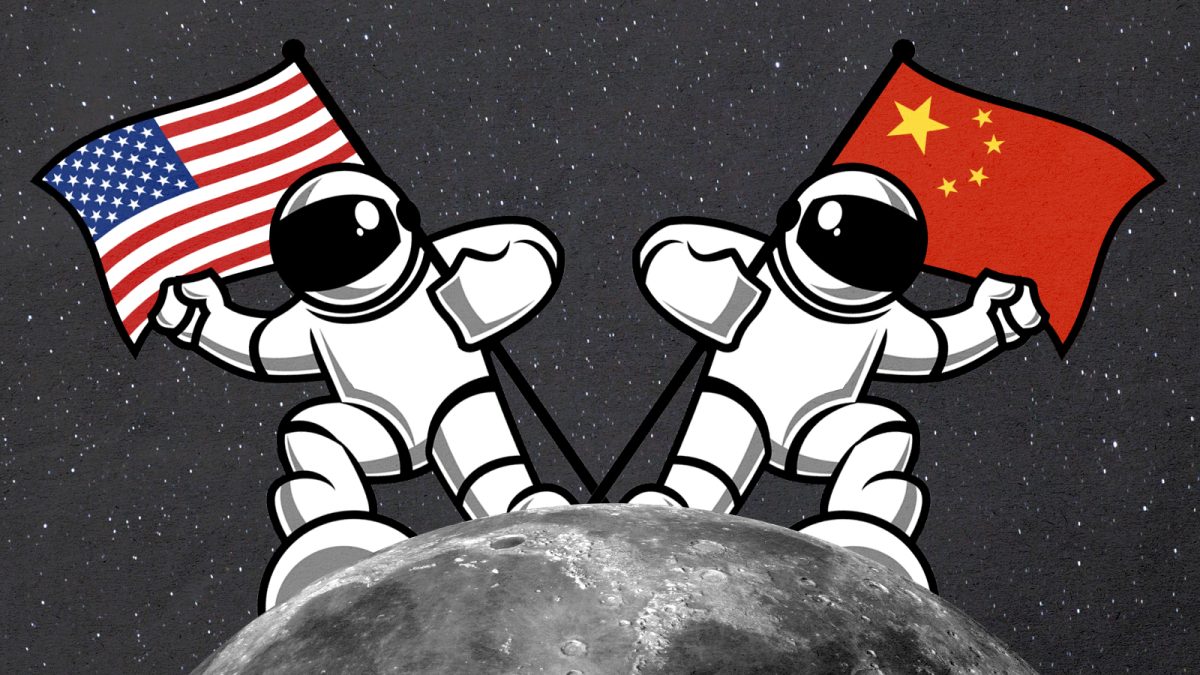The year is 1960. America and Russia have been competing against each other for many moons in an era known as the Cold War. The Space Race has officially begun. Both nations have been racing to land on the moon, yet neither party has been able to achieve such a feat. You are the sole representative of America, operating the Apollo 11 spacecraft. The future and reputation of America are in your hands. With precision, you successfully land Apollo 11 on the moon’s surface on July 20, 1960. America declares you a hero, and your feat has officially ended the Space Race. This was the reality of renowned astronaut Neil Armstrong, the first man on the moon. America’s technological advancements in space have amazed the world and brought much attention, but Neil Armstrong’s incredible accomplishment was the prime time in America’s status and growth.
Since then, the US has built numerous space inventions, hoping to explore the world beyond the one we now live in. However, to look at the foundations, we must return to the space race, where NASA was first created. NASA helped create many inventions—artificial satellites, space probes, lunar missions, and human space voyages on Earth. As a result of winning the Space Race, America innovated many new inventions, including the first reusable space shuttle (1981) and the International Space Station (1998), which have revolutionized Space knowledge.
These incredible inventions have laid the foundation for space exploration. Still, there is much more to be done. Many scientists have extrapolated that we have only investigated 5% of the space. As a result, NASA plans to send robotic probes (a robotic, unmanned device) to scout our solar system, including the moons of Earth, Mars, and Jupiter! The agency also plans to launch new space telescopes to search for planets beyond our solar system. By 2050, unmanned interstellar missions intended to explore neighboring star systems might be launched, which can further help humanity gain knowledge from Earth and quickly gain information. NASA is working on advancements in propulsion technology that could send spacecraft on journeys surpassing our solar system’s boundaries. Space exploration helps protect our planet and environment using satellites, which help monitor any changes from an external point of view. It also helps to create scientific and technical jobs, enhance safety on Earth, and make scientific discoveries that can benefit humanity.
Space exploration dramatically benefits society by allowing us to explore worlds beyond the one we’re familiar with. This expansive exploration helps us build the world’s future by letting us experience new fascinating discoveries (new exoplanets, possible civilization, etc.) beyond our home, Earth. Over the next 50+ years, space exploration will continue to grow significantly, bringing more discoveries and new knowledge. Technology is increasing rapidly now more than ever, and we must take advantage of this and implement it to explore the vast beauty of space. Who knows, we might even be able to set foot and build an entire civilization on Mars!






































